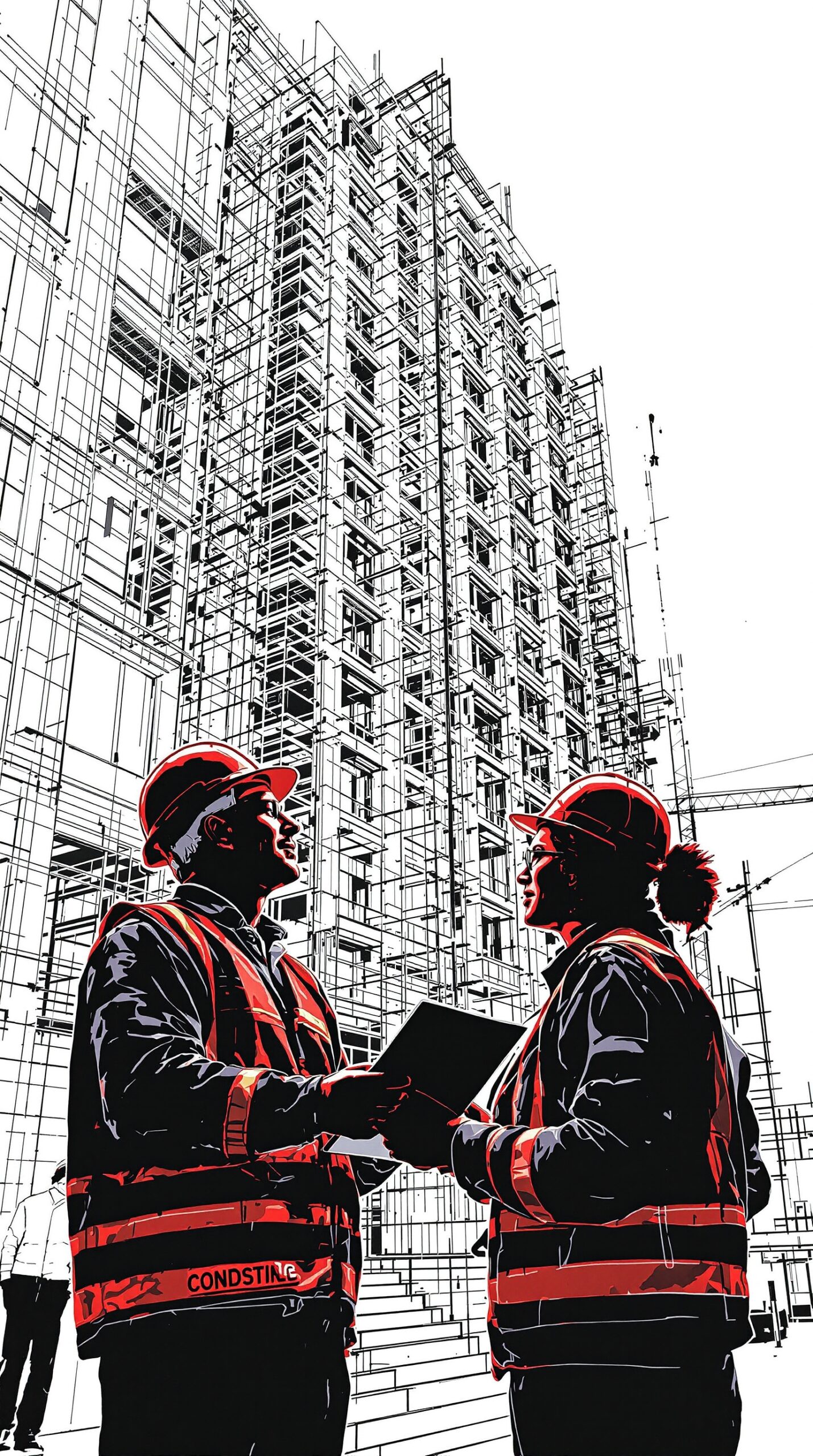Every developer knows the list: weather delays, labour strikes, permitting slowdowns. These are external forces — frustrating, inevitable, and often beyond your control. But here’s the truth: it’s not the delay itself that bruises reputations, it’s how the delay is managed. Buyers don’t expect miracles, but they do expect honesty, clarity, and a plan.
In Ontario, occupancy is the most sensitive stretch of the customer journey. When deadlines slip, panic and misinformation spread quickly. Developers who own the narrative — with transparent updates, consistent timelines, and clear explanations — not only protect their brand, they can actually enhance it. In the Occupancy Equation, reputation isn’t defined by circumstances, but by communication.
What’s Really at Stake
A delayed occupancy doesn’t just mean disappointed homeowners. It means:
-
Legal and regulatory exposure. Critical dates under Tarion and HCRA frameworks carry consequences when ignored.
-
Financial implications. Interest adjustments, rescheduling fees, and compensation payments add up quickly.
-
Reputational erosion. Today’s buyers have loud voices online. A single poorly managed delay can turn into dozens of negative reviews.
Handled poorly, a two-week delay can feel like a crisis. Handled well, even a three-month delay can become a story about professionalism and trust.
Best Practices for Clear Communication
1. Own the Timeline Early
Don’t wait until buyers start asking questions. Issue updates before rumours take hold, even if the news isn’t final.
2. Speak in Plain Language
Construction jargon or legalese doesn’t reassure buyers. Translate causes (“municipal inspection backlog”) into terms that show understanding and empathy.
3. Provide Certainty Where You Can
If you can’t guarantee a date, guarantee the next update. Consistency is often more valuable than certainty.
4. Use Multiple Channels
Email notices are essential, but pair them with FAQs, microsites, or even short video updates. Meet buyers where they are.
5. Frame It Around Care
Position delays as part of delivering a higher-quality, safer, more complete product — not just an unavoidable obstacle.
Turning Delays into Trust-Building Moments
It may sound counterintuitive, but delays can actually strengthen your reputation when handled right. Here’s how:
-
Acknowledge Impact. Begin by recognizing the inconvenience to buyers — it signals empathy.
-
Show the Fix. Highlight the steps being taken to resolve the issue. Buyers care as much about the process as the outcome.
-
Offer Value. Consider small gestures — moving guides, storage discounts, or additional communication access — that demonstrate goodwill.
When buyers feel considered, their frustration shifts from “my builder doesn’t care” to “my builder kept me informed and supported.”
A Case in Point
One Ontario developer faced a three-month delay due to municipal service connections. Instead of hiding behind vague notices, they:
-
Issued biweekly email updates with photographs of on-site progress.
-
Hosted a virtual Q&A with purchasers to address questions directly.
-
Provided a timeline of the municipality’s process, showing transparency.






